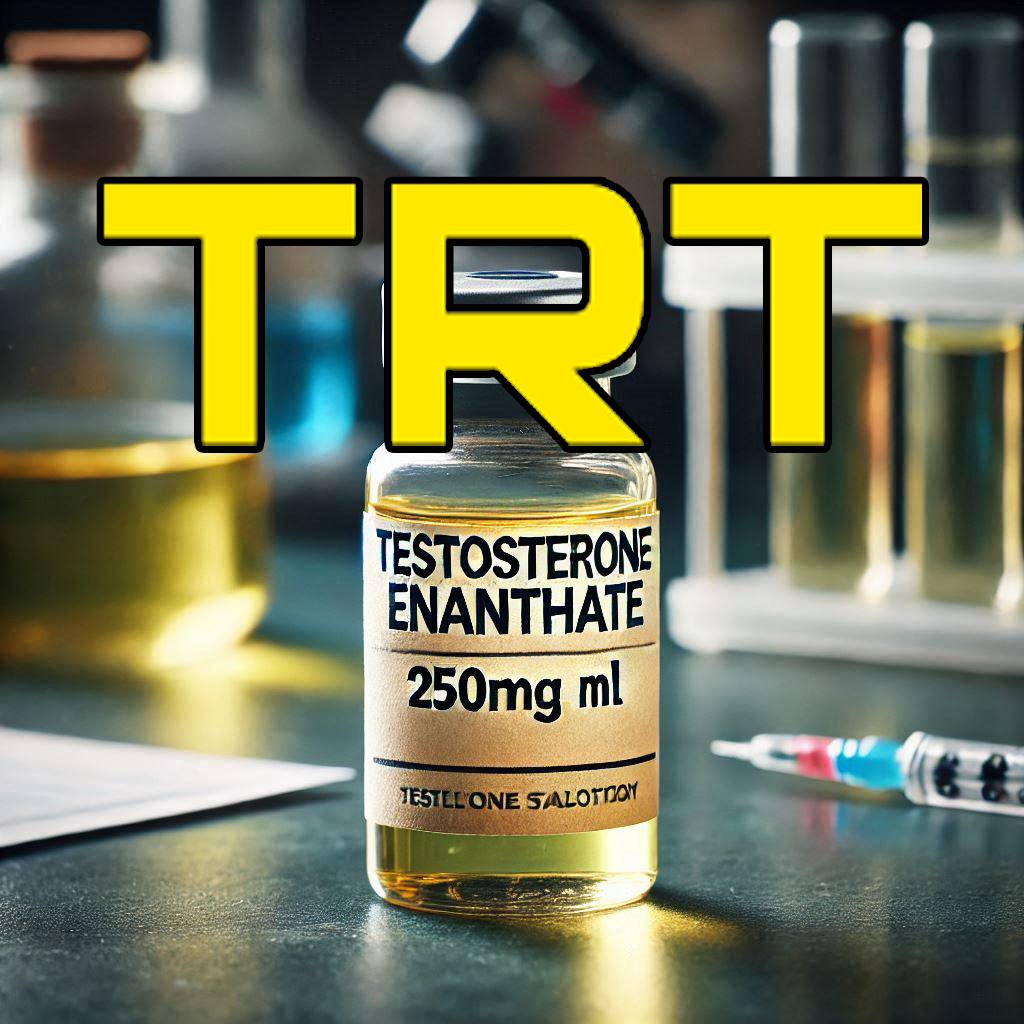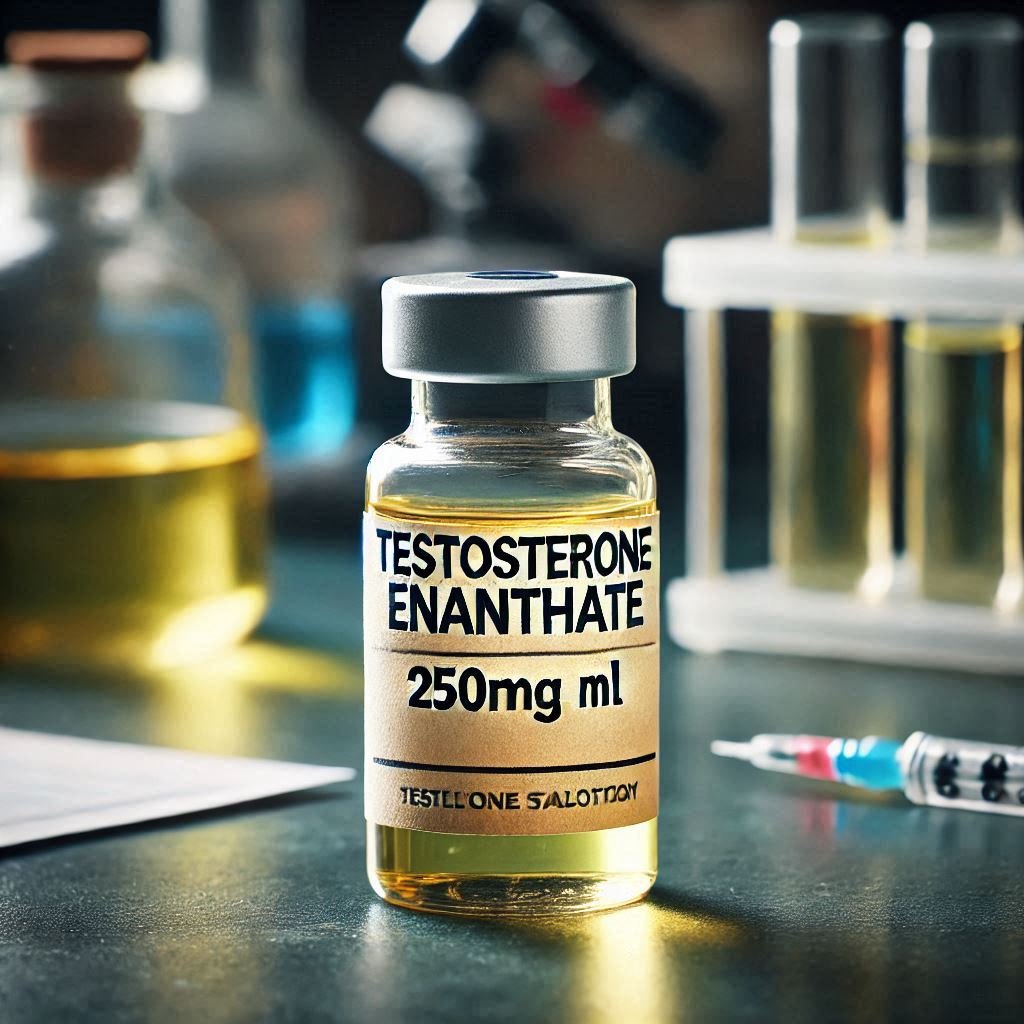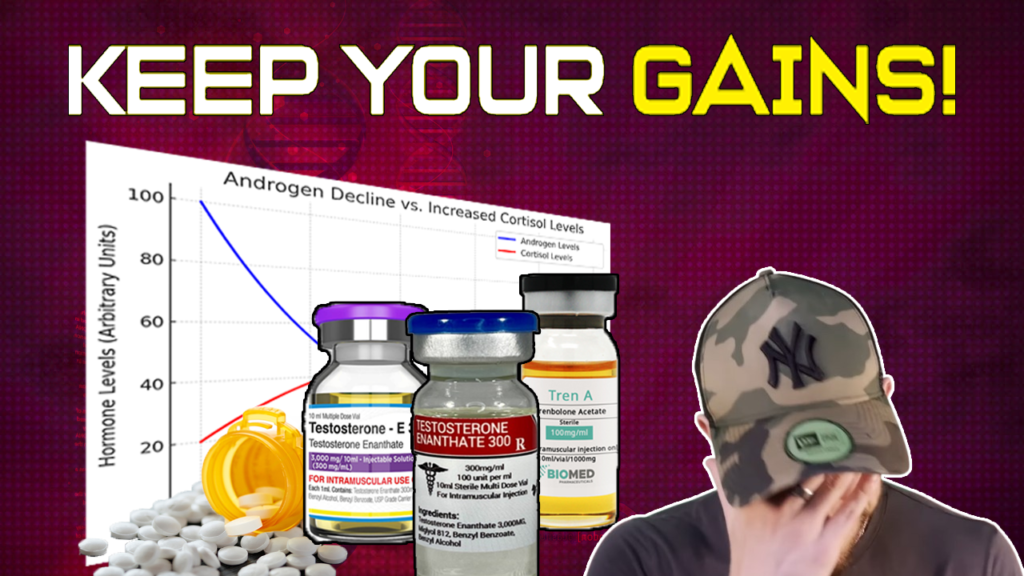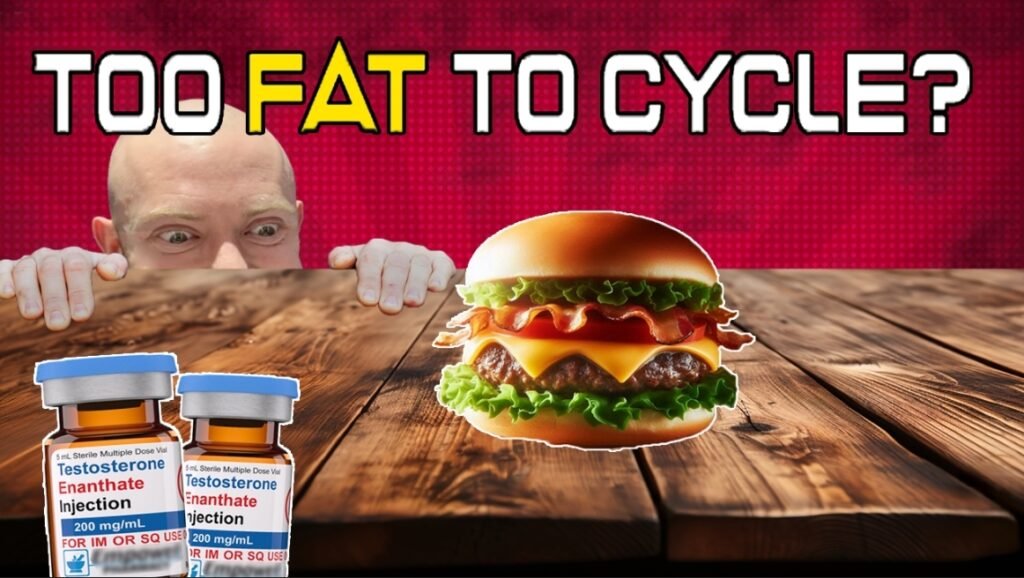TRT – Do you need it?

Intro
This post will help you determine whether or not you need TRT. It will go into things to address first as well as key markers on blood work to look at and evaluate before you proceed.
TRT refers to testosterone replacement therapy and aims to restore testosterone to a level whereby men that are suffering from low testosterone can get symptom relief, and a higher quality of life.

Signs and symptoms of low testosterone
Symptoms of low testosterone can manifest in many ways, most commonly men report the following:
- Low libido
- Mood disorders such as anxiety & depression
- Low motivation/drive
- Brain fog
- Insomnia
- Decreased morning erections
- Difficulty building muscle and recovering from exercise
- Low bone density
- Decreased facial hair growth
- High blood pressure
My experience with low testosterone
Although I didn’t do a blood test prior to using androgens, I had such a radical shift in libido, motivation and mood that it led me to believe that I had low testosterone stemming from what I believe to be a varicocele that had developed during my teenage years.
I don’t know what caused it, if I was to guess it would have been either from fighting or trampolining in my youth.
I started lifting weights at 19 and did get decent results, however my libido and motivation were never what they should have been, but at the time that seemed normal to me because it’s all I’d ever known and I wasn’t aware of just how important hormones are.
I was never depressed but I did have a lot of anxiety and self-doubt which drastically decreased within weeks of starting to use testosterone.
Causes of low testosterone
There are multiple causes of low testosterone, including natural decline with age, lifestyle factors that contribute negatively towards testosterone levels and other medical anomalies that can impact testosterone production such as tumours on the pituitary gland, varicoceles and head injuries.
Natural decline with age
A man’s testosterone level slowly declines with age and drops by about 1-2% per year after the age of 25.
Due to the slow decline, men just put it down to ‘getting older’ and symptoms of low testosterone can come on slowly and gradually to the point where a lot of men don’t even notice because it’s slowly crept up to them over years and decades.
It’s not until they look back and remember how much energy and motivation they used to have in their youth when their testosterone levels were much higher.
They’ll just one day wake up in their 60’s and think to themselves… ‘I wish I had the energy I had in my 20’s & 30’s’ (when their testosterone levels would have been much higher).

Medical anomalies & injuries
There’re all kinds of medical anomalies and injuries than can directly or indirectly effect testosterone levels including…
- Benign pituitary tumours
- Varicoceles
- An over-abundance of SHBG
- Damage to pituitary gland due to head trauma
- Damage to the testes
To name but a few.
Lifestyle factors
Before jumping straight to TRT – It’s worth doing your due-diligence and addressing some key lifestyle factors that could be contributing to low testosterone levels.
As well as just age, a poor lifestyle can also impact testosterone levels and even bring about symptoms at a more rapid pace.
Stress
Chronic stress can have a devastating impact on hormone levels. Such stressors can be caused by work related issues, financial difficulties and relationship problems.
When we are exposed to stress, the hormone cortisol increases – which in nature, heightens our senses, increases heart rate & blood pressure and primes our bodies for fight or flight scenarios.

The issue is however, chronic stress keeps cortisol levels elevated which leads to the disruption to the production of LH (luteinizing hormone) which is a signalling hormone to tell the body to produce other key hormones, including testosterone and its metabolites.
For a more in-depth look at how stress impacts testosterone levels, check out this article
Sleep
LH is released in pulses and it’s at its highest during REM sleep. So if you are getting disrupted sleep, it’s very likely that your testosterone levels will be negatively affected.
Stress can also impact sleeping quality and duration leading to compounding and cascading factors that can lower testosterone levels.
Diet
Certain foods can increase testosterone levels, eggs and red meat are probably the best and contain lots of the building blocks required for hormone production.

Vegan diets can affect testosterone levels negatively to varying degrees based on the individual.
Processed foods contain chemicals that disrupt our endocrine system and effect hormone levels. If you are serious about increasing your testosterone levels naturally avoid heavily processed foods.
Obesity can also be a cause for low testosterone.
Exercise
Weight training has been shown to increase testosterone levels and androgen receptor density.
There’s been numerous studies done and they all conclude that people who do some form of intense resistance training generally have higher testosterone levels over those who are sedentary.

Exercises effect on testosterone levels – https://pmc.ncbi.nlm.nih.gov/articles/PMC7739287/
Treating symptoms Vs. numbers on a blood test
I believe that you should aim for symptom relief with TRT as opposed to just treating a number on a blood test.
This is because it’s highly individualistic – Meaning that someone might be in the ‘normal range’ of testosterone on a blood test, but might still be having symptoms of low testosterone.
This can be caused by high SHBG (Sex hormone binding globulin) that binds to sex hormones, like testosterone and prevents them from binding to the androgen receptor, essentially making them useless.
A blood test is just one snapshot in time and can be impacted by many things such as time of day, stress levels, recent food choices and even last night’s sleep.
So it’s worth doing more than one and then taking an average.
Also men can find symptom relief at different levels, one guy might get symptom relief by going from 250nd/dl to 700, and another guy might need to take his levels from what otherwise would seem to be in the ‘normal range’ to above the reference range and into borderline supraphysiological levels to feel normal again.
So there’s no one size fits all approach with TRT and each case needs to be handled differently.
What should you look for on a blood test?
Blood work can be confusing, here’s what to look out for when determining that you need TRT or not.
Below are the normal reference ranges for the hormones associated with testosterone and testosterone production.
Total testosterone, reference range (250 – 1000 ng/dl)
Total testosterone is the amount of testosterone in the blood at the moment of the test, both bound and unbound by SHBG. While it is often enough to determine what’s going on, it doesn’t always present the full picture.
Free testosterone, reference range (10 – 28 ng/dl)
Free testosterone is more important than total testosterone, this is the amount that is actually bioavailable to use and unbound by SHBG.
LH (Luteinizing hormone), reference range (2 – 12 mIU/ml)
LH is the signalling hormone sent by the pituitary gland in the hypothalamus, to the testes to produce testosterone, so when this is low, testosterone is usually low too.
SHBG (Sex hormone binding globulin), reference range (15-75 nmol/L)
SHBG is created by the liver and acts as a transport molecule for hormones. Total testosterone levels might be normal, but symptoms of low testosterone may still be present if SHBG is too high. SHBG binds to testosterone and other hormones and prevents them from binding to the receptor sites – therefore free testosterone is a more important determinant than total testosterone.
Do you need TRT?
If you’ve addressed and exhausted the lifestyle factors above and there’s nothing that’s glaringly obvious that could be affecting your hormones like a medical anomaly or physical injury, and you’re STILL suffering from the symptoms of low testosterone. Then TRT is certainly something that’s worth considering.



